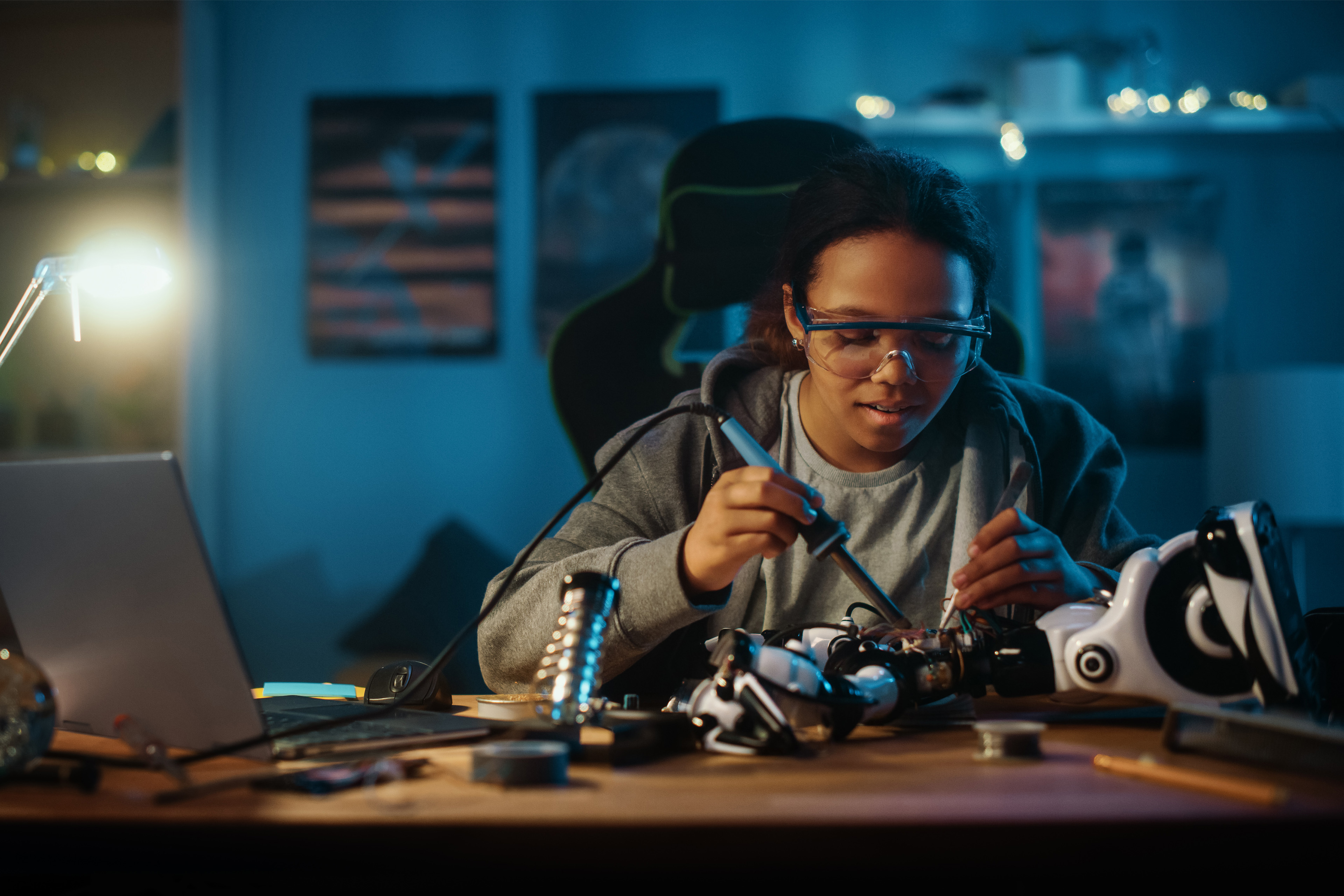EY refers to the global organisation, and may refer to one or more, of the member firms of Ernst & Young Global Limited, each of which is a separate legal entity. Ernst & Young Global Limited, a UK company limited by guarantee, does not provide services to clients.
Related webcast
Liz’s story: From 19th century lit to 21st century IT
Liz showed a similar determination to find a career she loved. As an academic with an interesting background in Spanish and neurobiology, she took a leave of absence from her PhD in 19th Century Literature to try for a role in corporate America: “I had a lot of begging to do because my resumé said I was not someone anyone in corporate America really wanted to hire,” she said.
Given a chance to join a team helping to turn around a struggling financial services institution, she focused on the organization’s technology challenges – despite having little or no experience beyond being able to switch on a computer. She discovered that many of her IT colleagues were similarly unprepared, so she used a willingness to learn and to ask questions and identified people with the right expertise, to start making improvements. She retained an external firm to support her priorities, and ended up working for them full time, serving her financial services firm as a client. The business was subsequently acquired by EY.
Liz’s and Janet's stories show that being determined, not willing to take “no” for an answer and being open-minded can help you get started.





